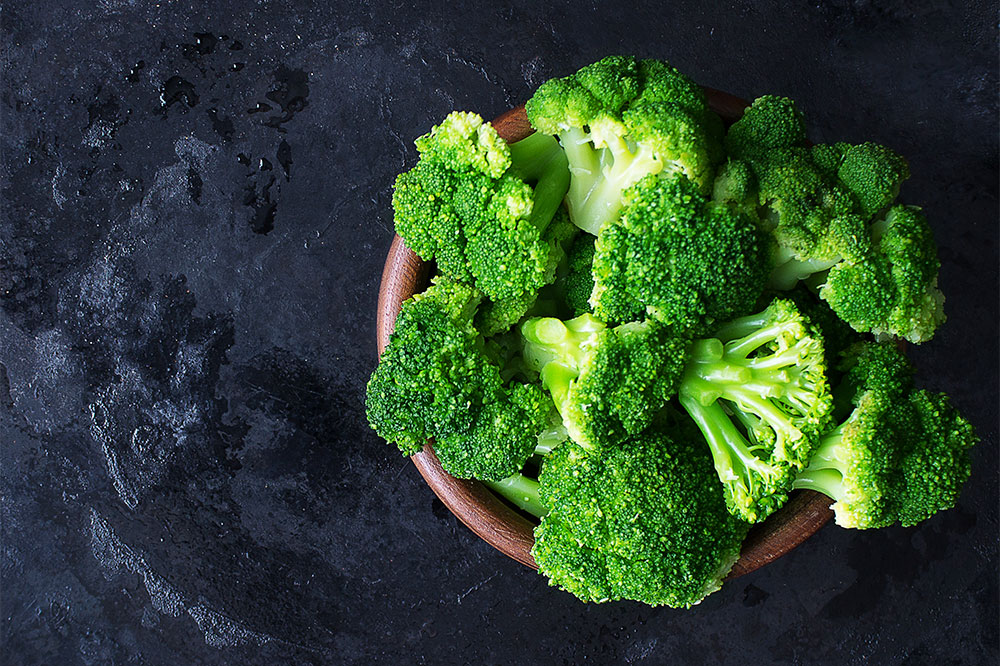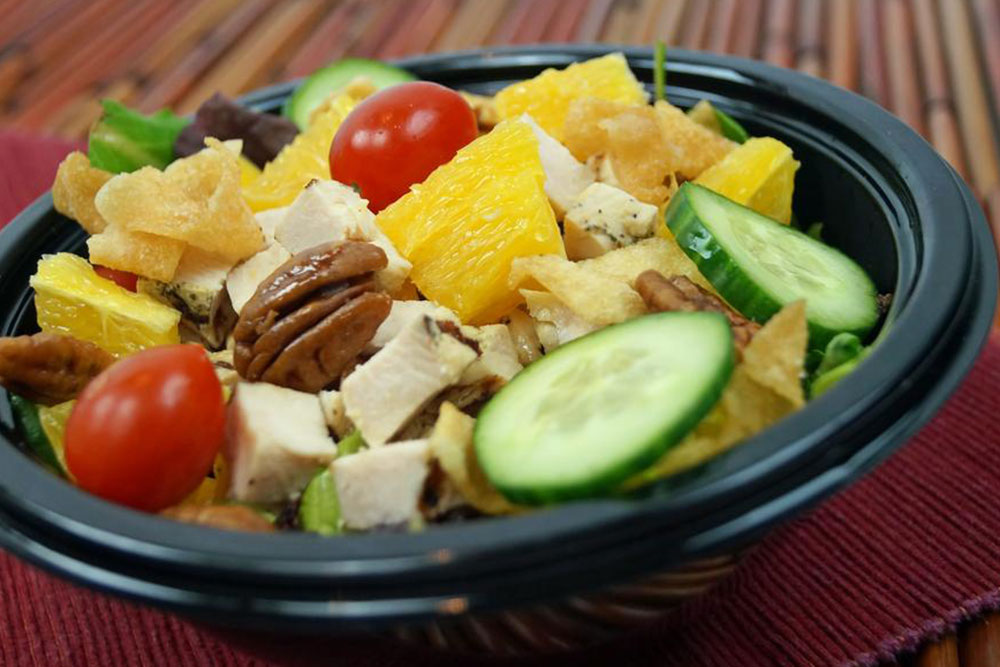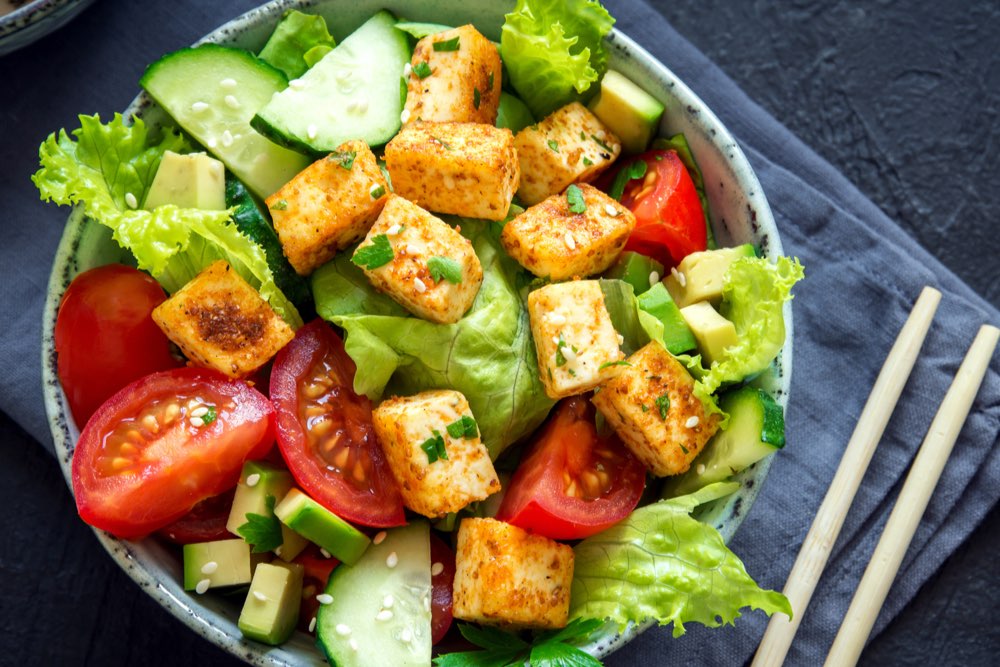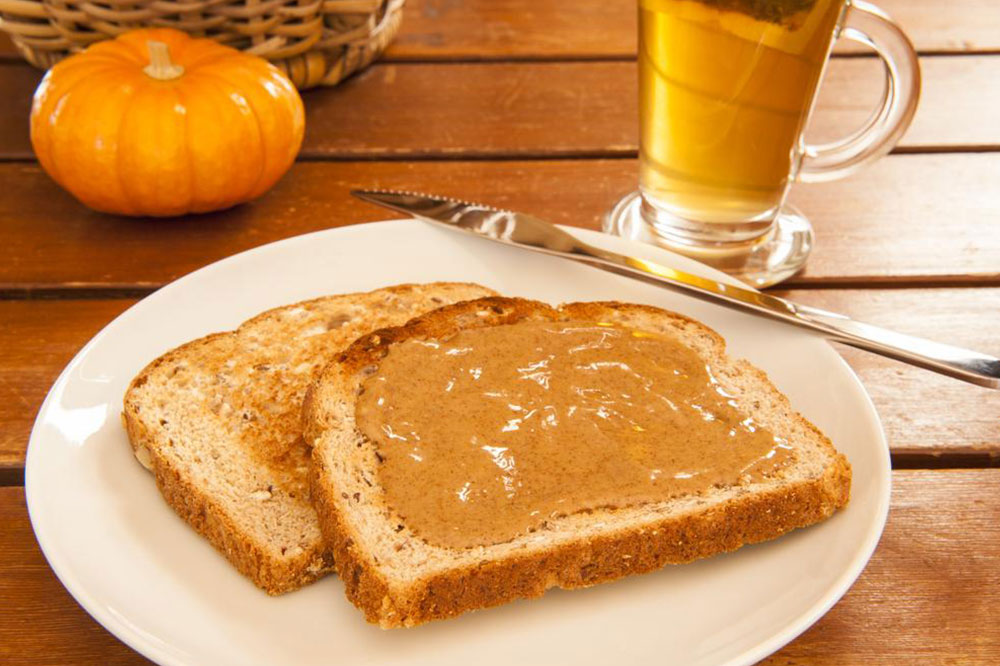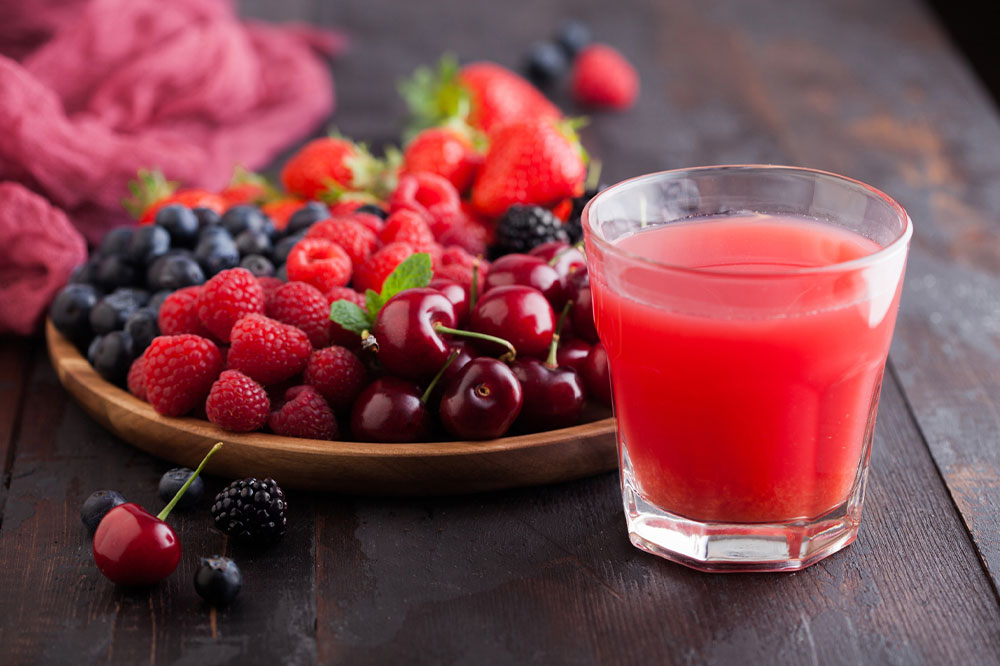Top 6 Nutritional Choices for Cancer Prevention
This article highlights six nutritionally rich foods that can help reduce the risk of cancer, including garlic, broccoli, berries, turmeric, green tea, and tomatoes. It discusses how these foods contain beneficial compounds like allicin, sulforaphane, antioxidants, and lycopene, which may lower the chances of developing various cancers. Additionally, it touches on recent approved cancer therapies, emphasizing the importance of combining healthy eating with medical treatments. Readers are advised to consult healthcare professionals for personalized advice and treatment options.
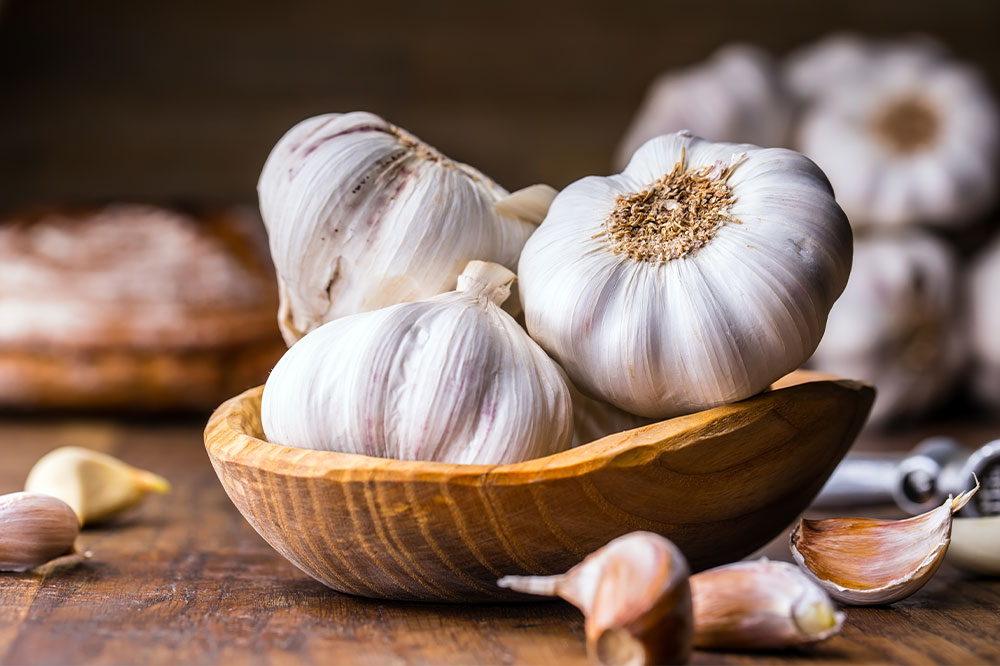
Top 6 Nutritional Choices for Cancer Prevention
Across various cancer types, scientists are exploring underlying causes, but evidence suggests that dietary decisions play a vital role in risk modulation. Certain nutritious foods are renowned for their potential to lower cancer development chances. Incorporating these foods into your diet can serve as a proactive approach to cancer prevention. Here are six foods that may help reduce the risk of cancer.
Garlic
Rich in allicin, a compound with anti-cancer properties, garlic intake has been linked to a decreased risk of stomach cancer. Consuming about one clove daily or two to five grams can be beneficial.
Broccoli
This vegetable contains sulforaphane, a compound with potential anti-cancer effects. Evidence suggests eating broccoli can lower risks of certain cancers such as colorectal cancer.
Berries
Loaded with antioxidants, berries like raspberries, strawberries, blackberries, and goji berries may help prevent cancers such as colorectal and esophageal. They are potent nutritional protectors.
Turmeric
This vibrant spice contains curcumin, which may inhibit cancer cell growth, slow tumor progression, or induce tumor shrinkage.
Green Tea
A rich source of antioxidants including EGCG, green tea consumption has been associated with a lower risk of breast, liver, skin, lung, and pancreatic cancers.
Tomatoes
Bristling with lycopene, tomatoes may safeguard against prostate and lung cancers by neutralizing harmful free radicals. Incorporating tomatoes into your diet is recommended for cancer risk reduction.
Individuals diagnosed with cancer should consider adding these foods to their meal plans alongside prescribed medical treatments. Recently approved cancer therapies include Lumakras, Neulasta, Ibrutinib, Venclexta, CAR T-cell therapy, KYPROLIS, and Xofigo, each targeting specific cancer types.
Notably, Lumakras was approved in 2021 for KRAS G12C-mutated non-small cell lung cancer. Neulasta boosts white blood cell production after chemotherapy, while Ibrutinib and Venclexta target leukemia and lymphoma. CAR T-cell therapy customizes T cells to fight cancer, whereas KYPROLIS and Xofigo focus on multiple myeloma and prostate cancer, respectively. BCMA treatments offer a new approach for multiple myeloma by targeting specific cancer cell receptors.
Always consult healthcare professionals for personalized treatment options and medical advice.

